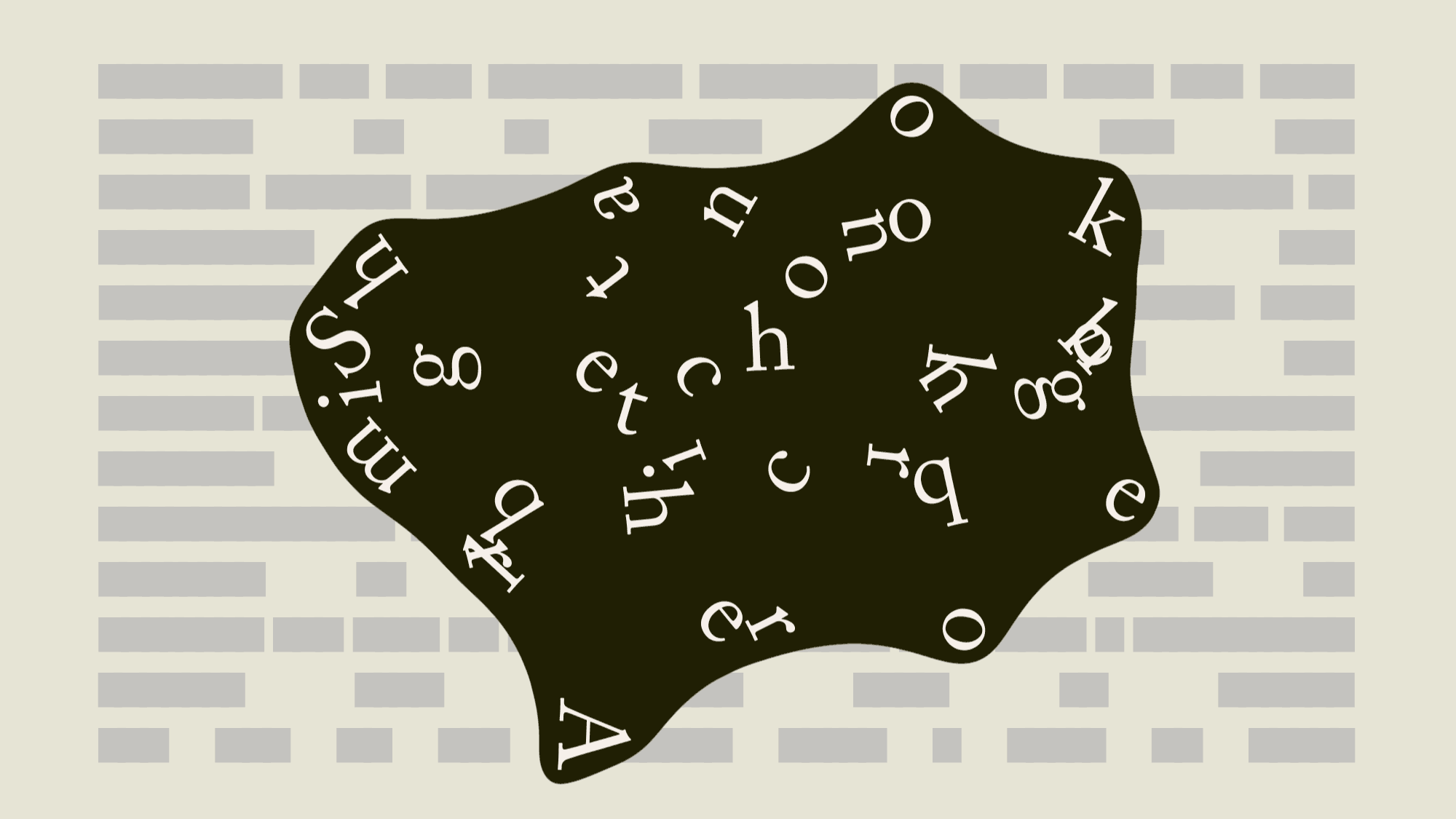This is an edition of The Atlantic Daily, a newsletter that guides you through the biggest stories of the day, helps you discover new ideas, and recommends the best in culture. Sign up for it here.
“People are very happy with this presidency,” President Donald Trump said in an interview with The Atlantic last week. “I’ve had great polls.”
That wasn’t true then, and it’s even less true now. As Trump hits his 100th day in office today, pollsters have been releasing new surveys, and the results are ugly. NBC News finds that 55 percent of Americans disapprove of the president’s handling of the job, but that’s rosy compared with the 59 percent in a CNN poll. An ABC News/Washington Post poll finds that just 39 percent of Americans approve of Trump’s performance—the lowest ever recorded, going back to 1945, and smashing through the previous record of 42 percent, set by one Donald Trump in 2017.
More than half of Americans say that Trump is a “dangerous dictator whose power should be limited before he destroys American democracy,” according to the Public Religion Research Institute. Asked by NPR to give Trump a letter grade for his first 100 days, a full 45 percent of Americans gave the president an F, including 49 percent of independents. Sixty percent believe that the country is on the wrong track, per NBC.
These numbers also extend into specific issues. Immigration is historically one of Trump’s strongest issues, but the ABC/Post poll finds that more voters now disapprove of his handling than approve. The economy was perhaps the decisive issue in November, but now fewer than four in 10 people approve of Trump’s handling, according to NPR. Relatedly, consumer confidence is at its worst level since the early weeks of the coronavirus pandemic. Trump has frequently promised a historic presidency, and he’s delivering it.
One temptation, when looking at these numbers, is to say they don’t matter. Plenty of people, including the staff of this magazine, warned about how a second Trump presidency might go wrong, and a plurality of people who voted backed Trump anyway, and the only poll that matters (as the saying goes) is the one on Election Day. Trump has power now, and he’s wielding it. This is especially the case because Trump has shown less responsiveness to indicators like the stock market than he has in the past; notwithstanding his quasi-jokes about seeking a third term, he’s acting freed from the pressures of reelection.
That’s all true, but it’s not the whole truth. An unpopular president is a less powerful president. Enacting an authoritarian approach is harder (though not impossible) without public support, and other institutions—the Republican Party, universities, law firms—are less likely to bend their knee if they see weakness.
One way you can tell these polls have some effect is that Trump is lashing out furiously about them. Yesterday, he posted on Truth Social that these were “FAKE POLLS FROM FAKE NEWS ORGANIZATIONS,” adding that they “should be investigated for ELECTION FRAUD … AND ARE TRULY THE ENEMY OF THE PEOPLE!” (Trump attributed his analysis to his pollster, John McLaughlin, best known for missing the massive upset defeat of his client Eric Cantor in 2014.) This is not Trump’s first such broadside. He has also sued the pollster J. Ann Selzer, who released a poll late in the election cycle showing Kamala Harris slightly ahead in Iowa. Selzer’s poll created a frenzy, but it turned out to be badly wrong—which one might think is punishment enough. (Legal experts are skeptical of Trump’s suit.)
Skepticism of pollsters is not unwarranted. Polling has had some atrocious recent misses, though the final 2024 results closely tracked with the polls at the end of the race. As the strategist Michael Podhorzer has written, pollsters present their work as empirical, but polling is actually opinion journalism—not in the sense that it is partisan, but because it’s premised on suppositions about the electorate such as how many young voters will turn out, and how many voters with less than a college degree. Some of those suppositions inevitably turn out to be more accurate than others. One thing that makes the results I cite here more credible is that they are all moving in the same general direction. Can they tell us what percentage of the population actually disapproves of Trump? Not reliably. But taken together, they tell a consistent story, which also matches up with a raft of worrisome economic indicators that are darkening Americans’ outlook.
The funny thing about Trump’s anger at polling errors is that, if anything, their tendency to underestimate his support has benefited him. In 2016, Trump was able to capitalize in part on voter apathy, fed by an expectation that Hillary Clinton would triumph. More important, then–FBI Director James Comey later said his decision to announce a reopening of the investigation into Clinton’s email in October 2016 was influenced by his poll-driven assumption that Clinton would win in a walk. Instead, the analyst Nate Silver calculated, the announcement cost her the election. Eight years later, unrealistically rosy polling convinced Democrats that President Joe Biden was competitive in his reelection bid against Trump, which allowed him to enter and then stay in the race far too long. Unfortunately for Trump, he’s unlikely to enjoy similar polling errors outside of the head-to-head-context of an election. Issue polls are more consistent in sussing out how sentiment is changing.
Trump’s impulse is always to shoot the messenger, but the messenger isn’t Trump’s problem here. It’s the message that voters are sending him.
Related:
- The difference between polls and public opinion (From May)
- The truth about polling (From October)
Here are three new stories from The Atlantic:
- An unsustainable presidency, by Jonathan Chait
- David Frum: How the U.S. lost the Canadian election
- The Texas county where “everybody has somebody in their family” with dementia
Today’s News
- Mark Carney clinched a full term as Canada’s prime minister and led the Liberal Party to a win in the country’s federal election.
- A car crashed into a building used for an after-school camp in Illinois yesterday, killing three young children and one teenager. Illinois State Police said today that the attack did not appear to be targeted.
- Sara Netanyahu, the wife of Israeli Prime Minister Benjamin Netanyahu, was overheard saying that “fewer” than 24 hostages are still alive in Gaza.
Evening Read

The Great Language Flattening
By Victoria Turk
Chatbots learned from human writing. Now the influence may run in the other direction. Some people have hypothesized that the proliferation of generative-AI tools such as ChatGPT will seep into human communication, that the terse language we use when prompting a chatbot may lead us to dispose of any niceties or writerly flourishes when corresponding with friends and colleagues. But there are other possibilities.
More From The Atlantic
- Trump is paving the way for another “China shock.”
- The liberals who can’t stop winning
- Russia is in demographic free fall. Putin isn’t helping.
- Caitlin Flanagan: On Mahmoud Khalil and the right to free expression
- Why Trump is giving Putin everything he wants
Culture Break

Examine. Who’s afraid of Gen Z’s squeaky clean, backflipping bro? Benson Boone has charmed his way to the top—and that really seems to bother some people, Spencer Kornhaber writes.
Watch. The Legend of Ochi (in theaters now) conjures the kinds of effects the film industry rarely uses anymore, David Sims writes.
Stephanie Bai contributed to this newsletter.
Explore all of our newsletters here.
When you buy a book using a link in this newsletter, we receive a commission. Thank you for supporting The Atlantic.
The post Trump’s Ranting Can’t Change His Polling Numbers appeared first on The Atlantic.




